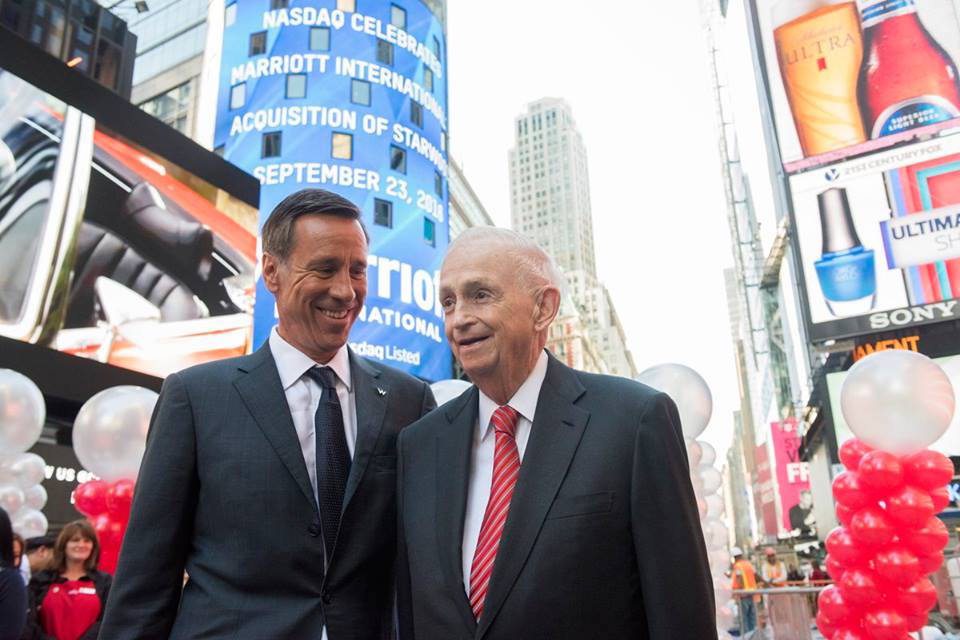Skift Take
Companies like Marriott International, with its strong global presence, are in a good position to capitalize on hotel demand that may shift away from the U.S. due to political concerns.
Marriott International hasn’t seen a major impact on its hotels from the recent U.S. travel ban, but the real threat to the U.S. hotel business could come from a shift in perspective in the eyes of international travelers, especially groups.
“We don’t have a lot of data yet that would say this is a big deal in terms of stay and paid [travelers],” said Marriott International CEO Arne Sorenson on the company’s fourth quarter earnings call today. “The seven countries called out in the executive order are not places where there is a lot of travel that comes to the U.S. and obviously it’s true that the executive order has been suspended. We, as a consequence, don’t think that, by its terms, it’s a massive deal. Saying that, we should stop and pause. You’ve got individual stories of families waiting for visas or permission to emigrate, and for them there is no bigger story in the world.”
Marriott, anecdotally, is already seeing some groups shift away from the U.S. and toward other destinations. With its global portfolio, the company is still in a position to serve those customers, just outside the U.S.
“There is a broad sense, particularly across the Middle East and the world, that the executive order is a really big deal, the symbolism is wrong and that it is effectively a communication from the U.S. to the rest of the world that you should anticipate you shouldn’t come to this part of the world,” said Sorenson. “International groups are saying they don’t want to bring a international group to the U.S. … we have some anecdotes about folks who reached out to us who said instead of the U.S., how about a place in Canada? I don’t think this is a measurable impact today… [and] I don’t think it would have much impact on business transient at all, because that is the type of travel that is most resilient.”
Also mentioned on the call was Marriott’s quest to sell off about $1.5 billion of its assets, in order to recoup some of the expenses incurred through the acquisition and integration of Starwood.
The company is also working toward the integration of Marriott and Starwood’s loyalty programs onto a single platform, although Sorensen said travelers shouldn’t expect a unified experience in 2017. There is still an open question regarding exactly how different elite levels will pan out for travelers, and exactly how Marriott will handle their loyalty credit cards once all three programs are integrated, which is expected to take place by 2018.
Marriott’s fourth quarter earnings for 2016 were $244 million, up from $202 million in the same period last year. Revenue increased to $5.46 billion from $3.71 billion, and Marriott, overall, beat Wall Street expectations. The fourth quarter of 2016 was the first quarter in the company’s history that also included Marriott’s massive $13.3-billion acquisition of Starwood Hotels & Resorts, which closed on Sept. 23.
Have a confidential tip for Skift? Get in touch
Tags: earnings, marriott, starwood
Photo credit: Marriott CEO Arne Sorenson (left) and chairman Bill Marriott Jr. in Times Square in New York City September 30, 2016. Sorenson thinks President Trump's travel ban could adversely impact group business. Marriott International
